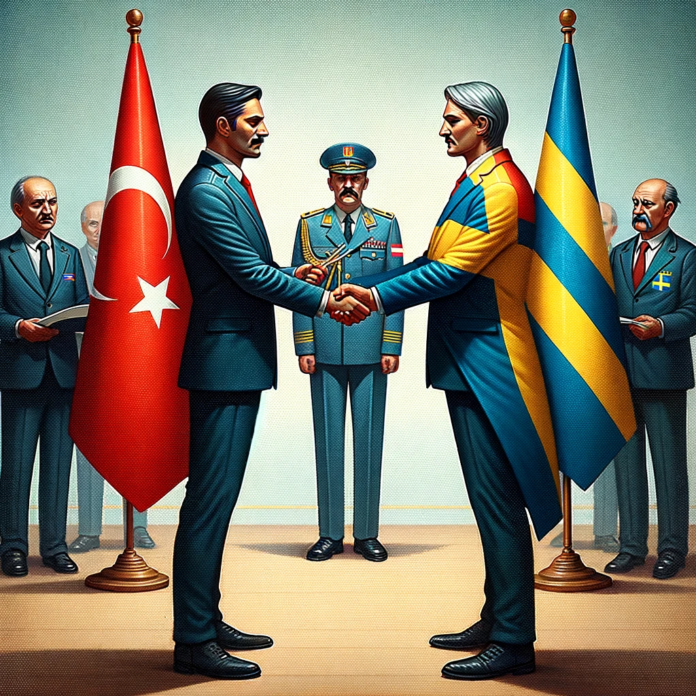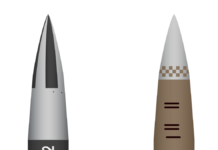Turkey’s approval of Sweden’s bid to join NATO represents a crucial step in the country’s pursuit of membership in the military alliance. However, this progress is contrasted by Hungary’s continuing resistance, highlighting the intricate nature of NATO’s expansion policies.
The Turkish parliament’s vote in favor of Sweden joining NATO marks an important development after a year of delays. Turkey’s initial reluctance was based on its view that Sweden was too accommodating towards groups it deemed terrorist threats, including Kurdish militants. This stance had been a major obstacle in Sweden’s NATO application since 2022. Turkey’s eventual approval is therefore a pivotal moment in Sweden’s quest for NATO membership.
Sweden has taken steps to align with Turkey’s concerns, amending its anti-terrorism laws and addressing the activities of the Kurdistan Workers’ Party (PKK), recognized as a terrorist organization by Turkey, the EU, and the USA. These measures were key in persuading Turkey to lift its opposition to Sweden’s NATO bid. Discussions around the U.S. sale of F-16 jets to Turkey also played a role in reaching this resolution.
Hungary’s stance remains the sole obstacle to Sweden’s NATO accession. Hungarian Prime Minister Viktor Orbán has voiced opposition, citing what he sees as Sweden’s adversarial stance towards Hungary. Orbán accuses Swedish politicians of misrepresenting Hungary’s political landscape, conflicting with assessments by groups like Freedom House, which now categorizes Hungary as non-democratic due to Orbán’s governance style.
Sweden’s application to join NATO reflects broader changes in Europe’s security environment, particularly in light of Russia’s actions in Ukraine. The expansion of NATO, including Sweden’s potential inclusion, would transform the strategic landscape, especially in the Baltic Sea region. Russia has opposed Sweden’s shift from a policy of non-alignment to seeking NATO membership, underscoring the heightened geopolitical tensions.
Sweden’s full integration into NATO requires unanimous approval from all current member states. With Turkey’s endorsement, attention turns to Hungary. Hungary’s parliament is expected to convene in late February for its next session, where Sweden’s NATO bid may be discussed, unless an emergency meeting is convened sooner. This final challenge is a complex and politically sensitive matter, exemplifying the dynamic interplay of national interests within NATO.
Turkey’s endorsement of Sweden’s NATO membership bid is a turning point in NATO’s ongoing expansion efforts. However, the process is not yet concluded, with Hungary’s opposition as the remaining hurdle. This situation underscores the complexities of international relations and alliance politics, where the individual interests and political dynamics of member states significantly influence the direction of alliances like NATO.








